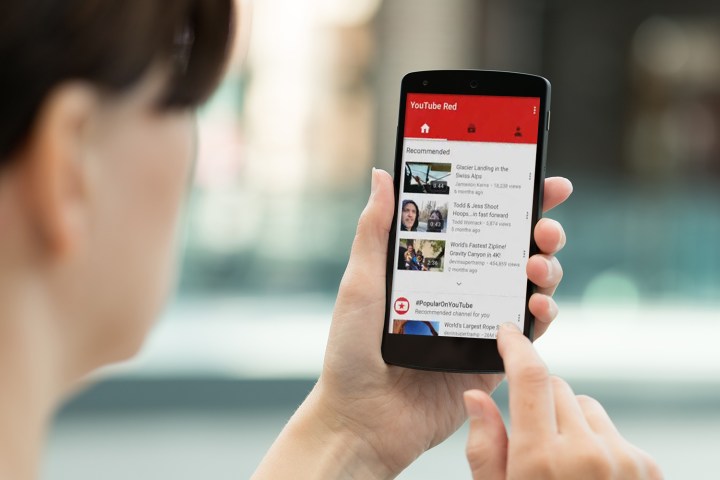
Google hasn’t elaborated as to precisely when the move will be made, nor has it commented on how each service will be affected. However, it has assured customers in a statement that “nothing will change” at this moment and “plenty of notice” will be provided beforehand.
Aligning the two brands into one would seem like a no-brainer, considering a subscription to one automatically gives you access to the other. It’s always worked this way, though Google may now feel that a change is necessary so customers fully understand what they’re receiving in exchange for their $10 per month.
Google Play Music is a music streaming service that operates similarly to Spotify and Apple Music, whereas YouTube Red cuts ads out of the video platform, allows for background playback and downloads for offline viewing, and also enhances YouTube Music.
YouTube Music is housed in a separate app, and, in terms of features, has a lot of overlap with Google Play Music. There are personalized radio stations, and you have the option of choosing an audio-only experience. However, YouTube is also home to covers, live performances, karaoke tracks and, of course, music videos — the kind of content you wouldn’t typically get on a music-only streaming service.
It’s a messy jumble of names and brands and features, and if they were sold separately, it might have made more sense to split them up. Google Play Music itself comprises a shop, an app, and the optional paid service, called Unlimited. It was previously named All Access when it was introduced in 2013. Even if you don’t pay for Unlimited, you can still use Google Play Music to store the music you own on Google’s servers, so you can access it anywhere.
The shift may signal a change in Google’s attitude toward the industry. Lyor Cohen, YouTube’s global head of music, expressed a desire to collaborate more closely with artists and record companies during a New Music Seminar panel discussion in New York this week.
“In my mind, the missing piece on building these businesses is collaborating with the [music] industry,” Cohen said, “and not just making deals and going away and seeing how it works.”
Editors' Recommendations
- YouTube TV just got even better on iPhones and iPads
- What is YouTube Premium? Price, content, and more
- YouTube Stories are going away starting June 26
- Don’t watch this YouTube video if you have a Pixel 7
- This YouTube Apple Watch app is just as ridiculous as you’d expect


